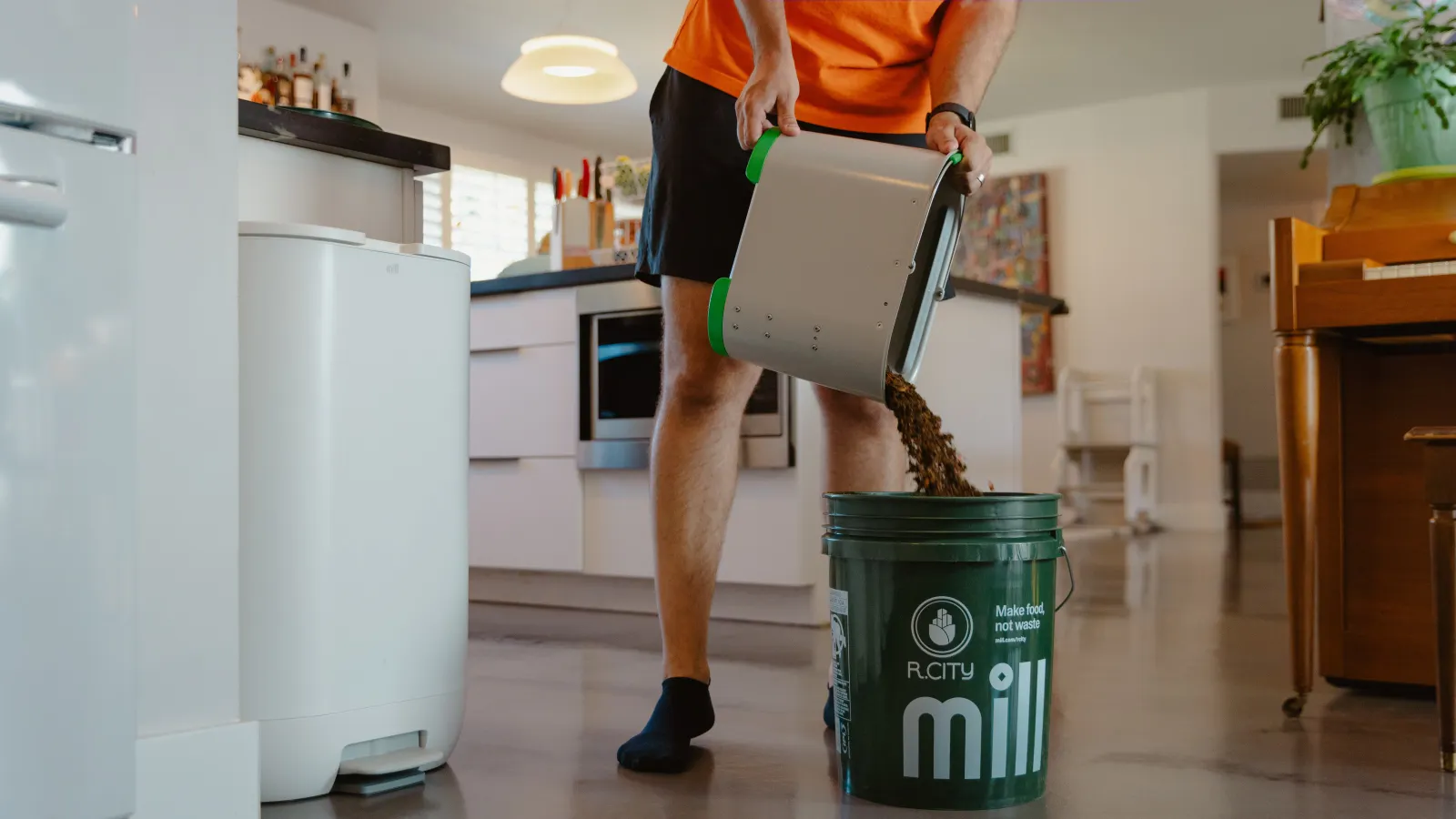What’s in a label? Good question. As the go-live date for California’s recycling labeling law approaches, industry speakers at the Packaging Recycling Summit underscored the importance of getting some federal standardization soon.
Source: Policy tension over on-pack recyclability labeling ‘needs to get worked out’ | Packaging Dive
